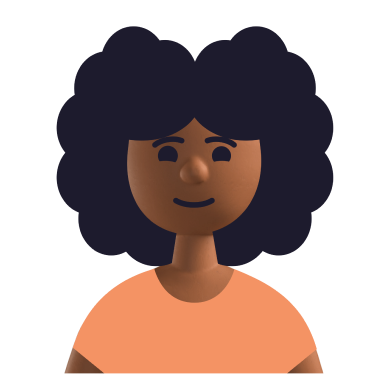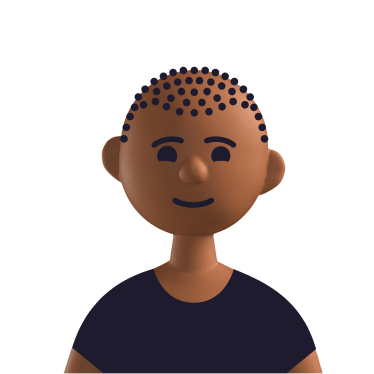

Gráinne Le Fevre
-

Gráinne Le Fevre
CEO Terre des Hommes NetherlandsChildren and survivors of exploitation are experts in their own lives and experiences. Their voices must shape the policies and systems that claim to protect them.
Gráinne and her work at Terre des Hommes
Gráinne Le Fevre is the CEO of Terre des Hommes Netherlands and an international non-profit leader with experience across Asia, Southern Africa, and Europe. She has guided organisations through growth, transformation, and complex global challenges, with expertise in strategic leadership, organisational development, programme management, MEAL, fundraising, and child safeguarding.
She brings lived experience and a trauma-informed, feminist perspective to her work. She holds a Master of Laws (LL.M.) in Gender, Conflict and Human Rights from Ulster University’s Transitional Justice Institute, where her thesis “Failure to Protect: Criminal Accountability of Peacekeepers Perpetrating Sexual Exploitation and Abuse” examined sexual exploitation and accountability gaps in international peacekeeping.
She also holds a BA with honours in Anthropology and International Development from the University of Sussex, where her research explored sexual violence in armed conflict and the cultural politics of reproductive health in Northern Ireland.
Since joining Terre des Hommes Netherlands in 2021, I have seen the organisation navigate profound and positive change. We have overcome adversity and are now truly delivering on the Listen Up! Strategy, our north star and the outcome of a collaboration with Terre des Hommes staff, partners, and children around the world.
It is a privilege to contribute to work I believe so passionately in: using research, influence and global programmatic partnerships to deliver systemic solutions to protect children and strive for a world where they can thrive, free from exploitation and abuse.
I am constantly reminded of this privilege in the resilience and courage of the children we serve – from a girl married before her 12th birthday in rural India, to a young woman standing before government ministers and UN officials to demand her rights. In their strength, I see hope, power, and the possibility to create lasting change.


